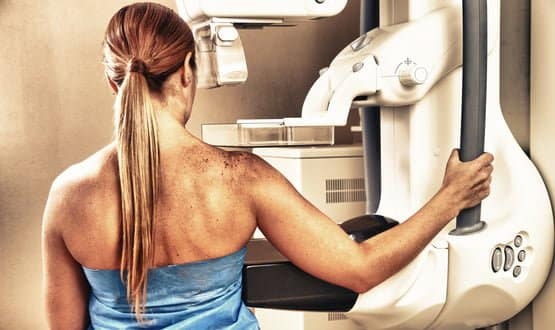One millionth baby issued NHS Number
- 14 June 2004
One million newborn babies have now been issued with NHS number that will stay with them from birth for life, under the NHS Numbers for Babies (NN4B) Programme. The millionth NHS number was issued to a baby on Sunday 6 June 2004, eighteen months after the NHS Information Authority (NHSIA) launched the NN4B service. The NHS number will play a critical role in the £6billion NHS IT modernisation programme, providing the crucial unique patient identifier that will used to identify patients within local and national clinical and administrative systems. In addition to its key role in future systems, the NHS NN4B service is already playing a vital role in alerting healthcare staff to a newborn baby’s arrival so key tests such as hearing can be carried out. Professor Adrian Davis, Director of the NHS Newborn Hearing Screening Programme explains: "Issuing a baby’s NHS number at birth now means that our hearing screeners are notified automatically that a baby has been born. The screener can then visit the baby and mum before they leave hospital to undertake the newborn hearing screen. “Being able to identify babies with a hearing loss very early on in their life means that precious time is gained to help them and their family develop essential communication skills." The NHS Number is also soon to be used in a similar way to screen babies for sickle cell and thalassaemia. Ms Lola Oni, Nurse Director and Lecturer at Brent Sickle Cell and Thalassaemia Centre says: "The NHSIA’s initiative to issue NHS numbers to babies at birth allows routine information about all newborn babies to be available to laboratories very fast. This means that women and their families will receive results about their baby’s well being more quickly. “The new numbering system will also ensure that affected babies can be offered quality care and in a timely manner anywhere in England." In addition, the UK Newborn Screening Programme Centre is working with the NHSIA to extend the benefits of the NN4B to newborn bloodspot screening. The use of labels with a barcode for the NHS number, on the newborn screening test cards, provides a unique identifier that makes sure all babies are tested in a timely fashion. Before the introduction of the NHS Number for Babies computer system, NHS numbers were issued at civil registration by Registrars of Births and Deaths, up to six weeks after birth. Using the NN4B service midwives can now request a unique NHS number for every baby shortly after they are born. This provides a way of recording a baby’s care pathway from birth and throughout life.




